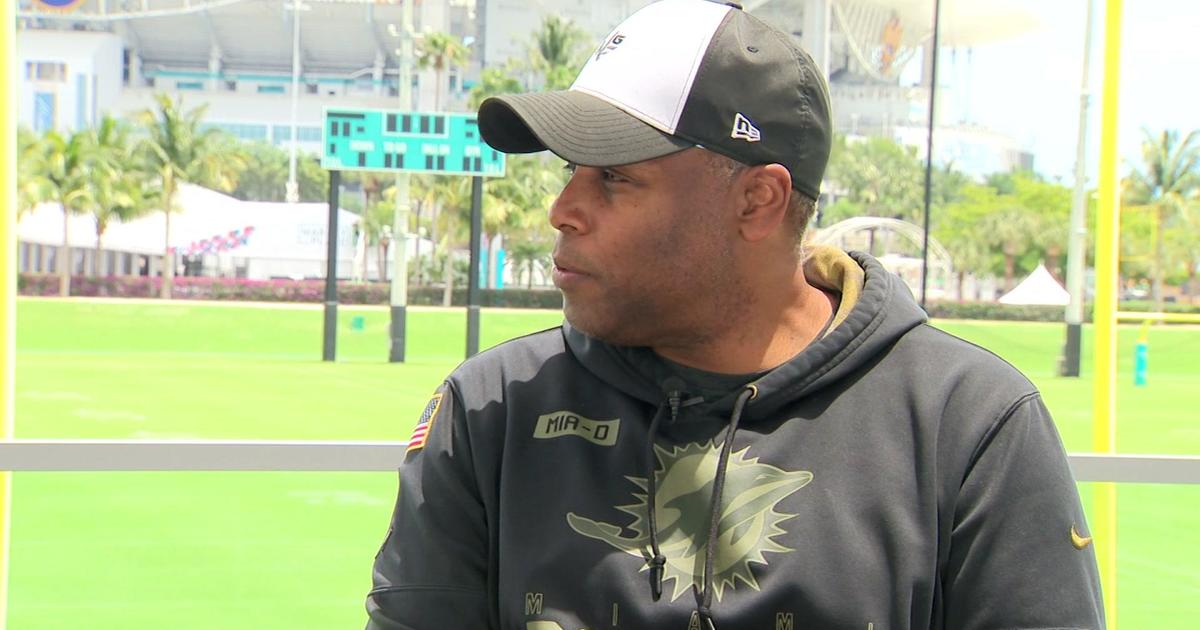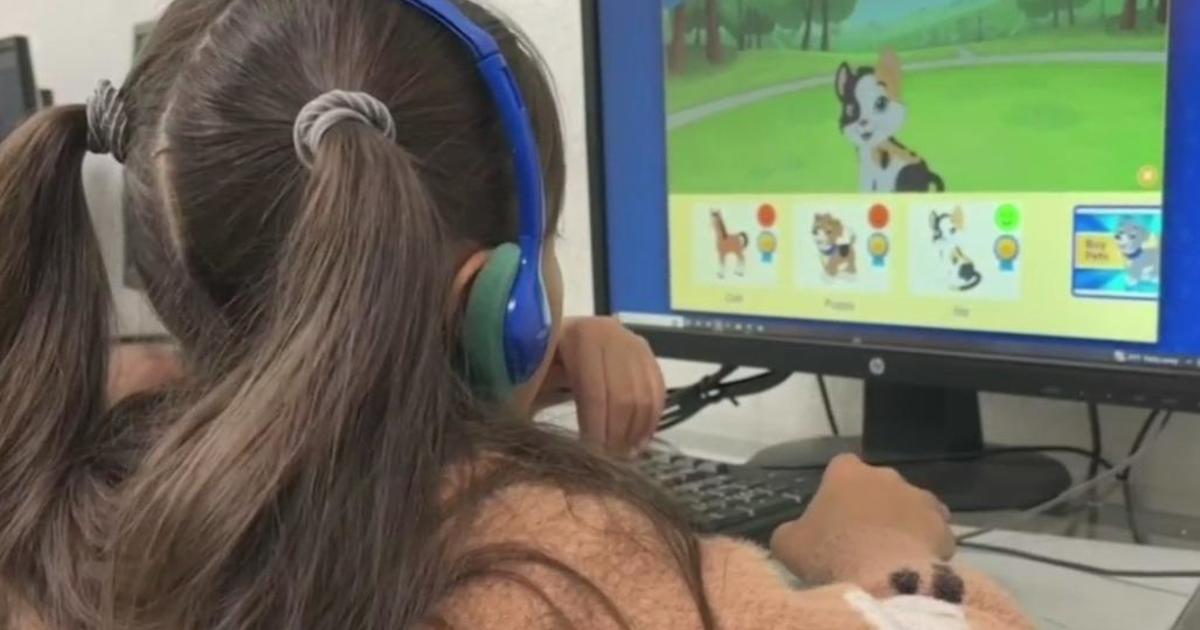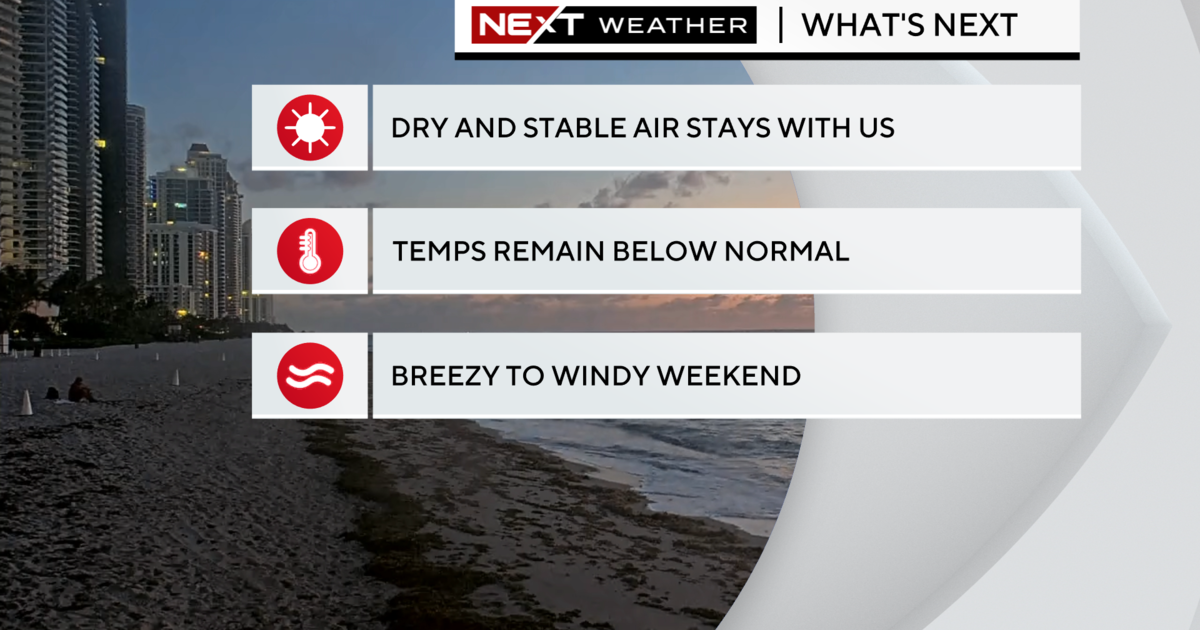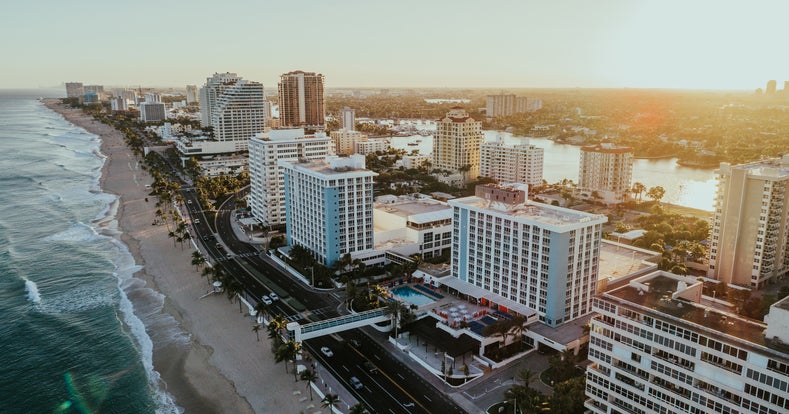Mixed Feelings Over Obama's Trip To Cuba
Follow CBSMIAMI.COM: Facebook | Twitter
MIAMI (CBSMiami) -- Unlike the day the president announced the normalization of relations between the U.S. and Cuba, there are no vocal protests or huge signs at Cafe Versailles in Little Havana on the day the White House announced Barack Obama and the First Lady will travel to the communist island next month.
Instead, there's just quiet chatter over a copious cups of cafecito, and questions of what's next for these two neighbors.
"It's a disrespect to the Cuban community," said Steven Miro. "He's trying to make history. I don't agree with that."
Angel Vallejos had a different perspective.
"We have to understand, we live in a world with different points of view and different forms of government and we are better served in a world where we all work together instead of creating enemies," Vallejos told CBS 4's Lauren Pastrana.
And Lillian Moser is ready to step foot on the island nation.
"We are all headed to Cuba on Saturday," Moser told CBS4's Hank Tester. "Yes we are and it's about time."
But for others, like Magda Villa, the announcement is a "slap in the face."
Related: Obama Plans Historic Trip To Cuba
"It's a very deep feeling and I'm not happy about it and I don't wish him well," Villa said.
Beyond the emotion, the reality of the trip is crystal clear to long-time exile activists like Democrat Gus Garcia.
"The deal is the legacy. He wants to do something no other president did. I want to go to Havana," Garcia told CBS4's Hank Tester.
While some have passionate opinions for and against, others admit it doesn't really matter to them, despite their Cuban roots.
Alex Cazo, whose parents were born on the island, admits they probably aren't fazed by the news.
"I think at this point, I don't think they really care. It's been too long already. I think it's about time they have some kind of relationship with that country," Cazo explained.
A Florida International University (FIU) study found 90 percent of the Cuban-American population in Miami-Dade County between 18 and 29-years old strongly back the policy shift toward friendlier ties between the two countries. The number is smaller for older Cuban-Americans.
While foreign relations are important, Vallejos notes there is plenty to worry about here at home.
"I don't make much of it to be honest. There are other issues we are facing as a country that are more important," he said.
That same FIU study referenced earlier also found 81 percent of Cuban-Americans surveyed in Miami-Dade County would vote for a candidate who supports replacing the embargo with a policy that increases pressure on the Cuban government over human rights.
Click here to read more about U.S.- Cuba Relations.



